Safaricom at the Centre of Controversial Sh104 Billion E-Health Investment
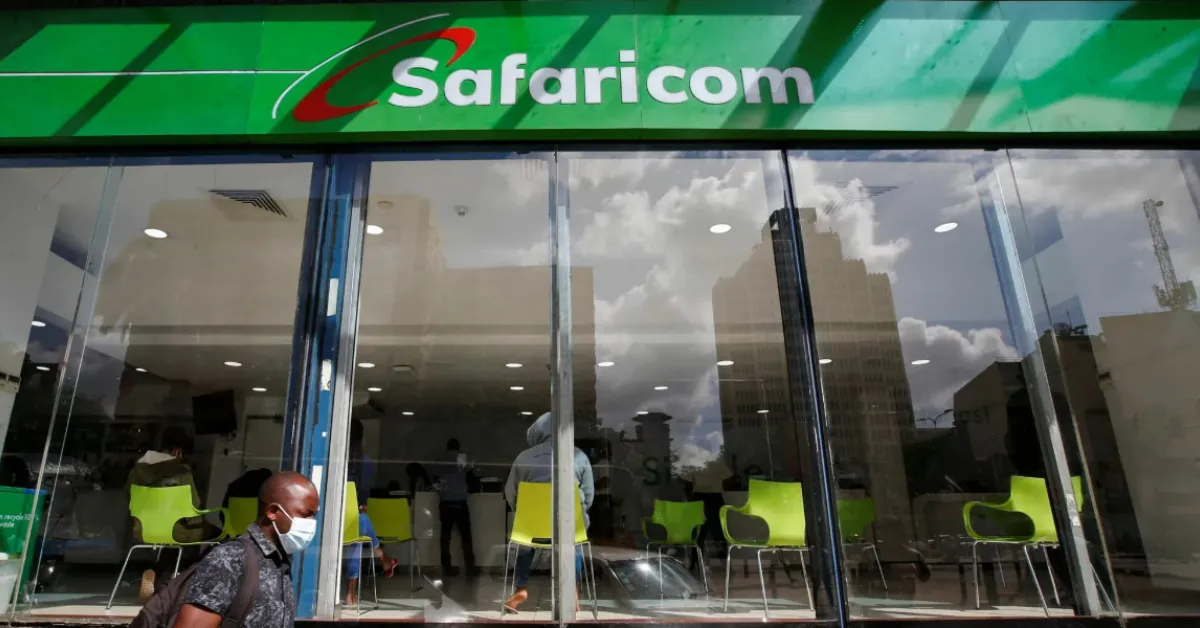
New regulations gazetted on April 9, 2025, have authorised a Safaricom-led consortium to begin receiving monthly payments for its substantial Sh104 billion investment in Kenya's digital health infrastructure.
The move, overseen by Health Cabinet Secretary Aden Duale, aims to pave the way for a comprehensive e-health system designed to revolutionise the nation's healthcare delivery. However, despite the regulatory green light, the project faces mounting scrutiny concerning its implementation timeline, ongoing legal challenges, and transparency surrounding its financial and operational structure. The newly implemented regulations establish the legal framework for the digital health system's operations and payment mechanisms.
These regulations focus on two key components: a secure data exchange mechanism and standardised health information management procedures. These are critical for ensuring the privacy of patient data and enabling the widespread adoption of modern e-health technologies across Kenya. Cabinet Secretary Duale has publicly emphasised the critical role of these regulations in advancing the digital health system, aligning it with President William Ruto’s broader agenda of achieving universal healthcare.
However, during a recent parliamentary hearing, Duale disclosed that no payments have yet been disbursed to the consortium, comprising Safaricom PLC, Konvergenz Network Solutions, and UAE-based Apeiro Ltd., raising questions about potential delays in the project’s progression. The consortium was awarded the contract on August 9, 2024, under an agreement that requires the group to finance the system's development upfront. The consortium is expected to recoup its investment over a 12-year period, with payments contingent upon achieving pre-defined milestones outlined in a project plan.
The specific details of this project plan have not been disclosed, despite repeated requests from parliamentary members. The financial structure of the agreement is notably ambitious. The consortium was initially scheduled to receive monthly payments of Sh500 million beginning in February 2025. These payments are slated to increase incrementally to Sh650 million in 2026, Sh900 million in 2027, and Sh1.065 billion annually from 2028 through 2032. As the repayment phase nears its conclusion, payments would decrease to Sh1 billion in 2033, with further reductions in 2034, culminating in a final instalment of Sh500 million in June of that year.
Concerns have been raised that delays in meeting implementation benchmarks could jeopardise the established repayment schedule. Sources familiar with the project have suggested that the new regulations might inadvertently trigger payments before the necessary milestones have been adequately met, a concern echoed by critics of the initiative. The envisioned digital health system aims to modernise Kenya’s healthcare infrastructure through a comprehensive suite of features, including patient and claims registries, an integrated health information management system, and telemedicine capabilities.
However, the project has encountered significant hurdles in its rollout. Safaricom and its partners were tasked with ensuring the system was fully operational by August 2026, two years after the contract was signed. Duale has acknowledged that the 38 sub-systems necessary for the platform are currently at various stages of completion. Adding to the complexity, the project faces legal challenges. In September 2024, Busia Senator Okiya Omtatah filed a petition contesting the constitutionality of the Social Health Insurance Fund (SHIF)—the successor to the National Health Insurance Fund (NHIF)—and the legitimacy of the contract award to the Safaricom-led consortium.
Omtatah argues that the procurement process should have been overseen by the Digital Health Agency (DHA) rather than the Ministry of Health. He has also raised concerns about the intellectual property rights of the system, which are expected to remain with the consortium even after the investment is fully repaid. The Ministry of Health has defended the procurement process, asserting that it was conducted in compliance with established guidelines and received the necessary approval from then-Attorney-General Justin Muturi. Despite these assurances, the court case remains unresolved.
The consortium has sought the dismissal of the petition, maintaining that its contract was awarded legally. The consortium comprises partners with diverse expertise. Safaricom PLC, a publicly listed company, has significant government backing, with both the Kenyan government and South Africa’s Vodacom holding a 35% stake each. Vodafone UK, the majority owner of Vodacom, maintains a 5% share in Safaricom. Konvergenz Network Solutions, another key partner, was incorporated in 2014 and is owned by Konvergenz Holding Company. Other stakeholders include Pitfield Auto Ltd and individual shareholders such as Dorothy Chepkoech Kipkenda and Abdullahi Abdi Sheikh.
The layered ownership structure of Konvergenz Network Solutions, involving multiple holding companies and legal entities, has raised questions about transparency. The digital health system is a central component of the Kenyan government’s ambition to achieve universal healthcare. Proponents of the project argue that the integration of advanced e-health technologies will revolutionise healthcare service delivery, streamline claims processing, and enhance access to medical care for citizens across the country.
Critics, however, highlight potential risks, including conflicts of interest, intellectual property disputes, and the significant financial burden of repayments over the next decade. The inclusion of contract clauses addressing inflation, currency fluctuations, and tax changes reflects an attempt to protect the consortium from economic uncertainties.


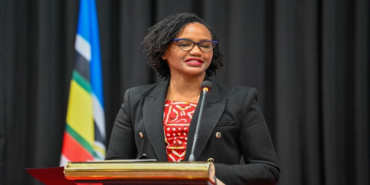
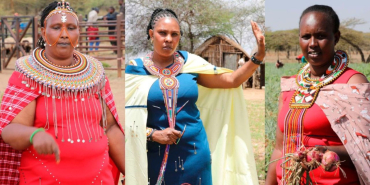
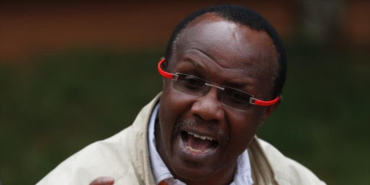
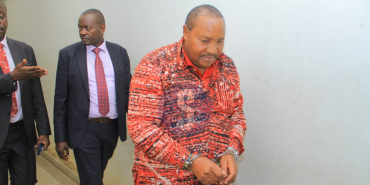
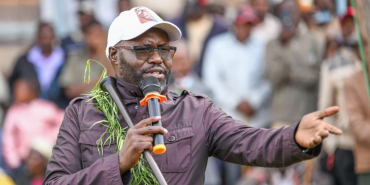
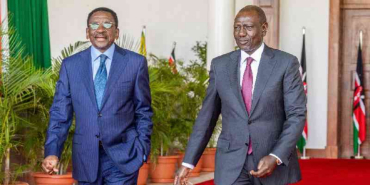






Add new comment